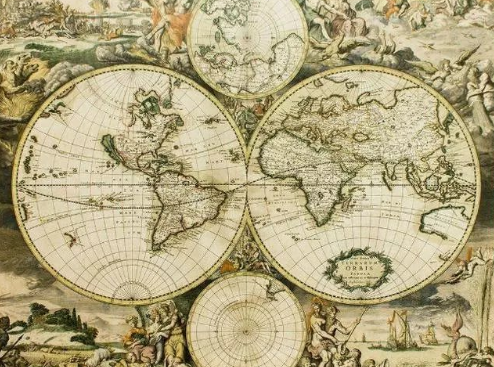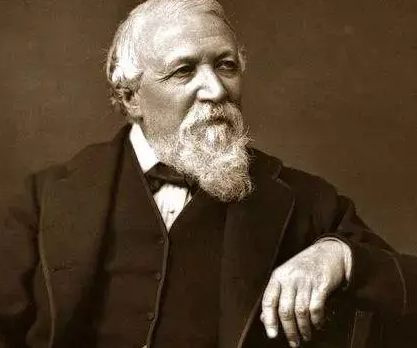In Chinese folk beliefs and Taoist mythology, the underworld of the Yin realm is a rigorous and complex judicial system, co-managed by the Ten Lords of the Underworld. Each of these lords possesses their own palace, responsible for different judicial duties. Their existence serves not only as judges of good and evil deeds, but also as sacred forces maintaining justice and order in the human realm.

The first is Qin Guang Wang, who presides over the Tribunal of First Instance. He is responsible for the initial interrogation of souls newly arrived in the underworld, determining whether they require further trials or can be immediately reincarnated. Qin Guang Wang's palace is known as the Qin Guang Palace, symbolizing the first gateway to the underworld.
The second is Chu Jiang Wang, who rules over the Chilly Hell. He specializes in judging ghosts who committed many evils in their lifetimes, doling out corresponding punishments based on the severity of their crimes. Chu Jiang Wang's palace is named the Chu Jiang Palace, representing coldness and punishment.
The third is Song Di Wang, responsible for the Tribunal of Second Instance. He mainly hears cases of fraud committed by souls while they were alive. Song Di Wang's residence is called the Song Di Palace, symbolizing wisdom and justice.
The fourth is Wu Guan Wang, who governs the Fiery Hell. He specializes in dealing with ghosts who spread rumors, create discord, or incite strife among others while alive. Wu Guan Wang's palace is named the Wu Guan Palace, representing insight and discernment.
The fifth is Yan Luo Wang, the supreme leader of the underworld who holds the final judicial authority. His palace, the Yan Luo Palace, symbolizes supreme power and awe.
The sixth is Bian Cheng Wang, in charge of the Reincarnation Palace, overseeing the reincarnation of souls. Bian Cheng Wang's abode is the Bian Cheng Palace, representing the cycle of life and death and rebirth.
The seventh is Tai Shan Wang, who presides over the Tai Shan Hell. He specializes in judging those who were disrespectful to the gods, disloyal, or unfilial in their lifetimes. Tai Shan Wang's residence is known as the Tai Shan Palace, symbolizing weightiness and responsibility.
The eighth is Ping Deng Wang, responsible for the Tribunal of Equality. He hears cases of wrongful convictions or miscarriages of justice committed by souls while in the human realm. Ping Deng Wang's palace is named the Ping Deng Palace, representing fairness and impartiality.
The ninth is Du Shi Wang, ruling over the Urban Hell. He specializes in dealing with ghosts who cheated, stole, or robbed while alive. Du Shi Wang's abode is the Du Shi Palace, symbolizing order and regulation.
The tenth is Zhuan Lun Wang, in charge of the Reincarnation Palace, responsible for arranging the reincarnation and regeneration of souls. Zhuan Lun Wang's palace is named the Zhuan Lun Palace, representing the transformation of life and a new beginning.
These Ten Lords of the Underworld each fulfill their duties, collectively maintaining the order and justice of the Yin realm. Their beliefs reflect people's awe towards karma and remind mortals to do good and accumulate virtue in this life to secure a better afterlife. In many literary works and folk tales, the images of the Ten Lords of the Underworld are endowed with profound moral lessons, becoming an indispensable part of traditional Chinese culture.
Disclaimer: The above content is sourced from the internet and the copyright belongs to the original author. If there is any infringement of your original copyright, please inform us and we will delete the relevant content as soon as possible.































